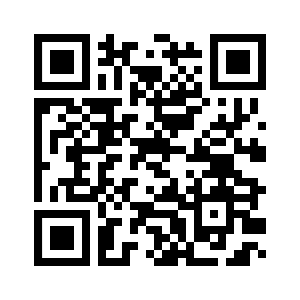Zero-Knowledge Proofs (ZKPs)
04.27.25What Are Zero-Knowledge Proofs?
Zero-knowledge proofs allow for the verification of specific claims without disclosing supporting data. For example, a person could prove they are over 18 without revealing their exact age. This cryptographic approach ensures maximum privacy while maintaining trust and accuracy.
ZKPs are integral to decentralized systems, enabling secure interactions without relying on intermediaries. They underpin advanced technologies like zk-SNARKs and zk-Rollups, which enhance privacy and scalability for blockchain networks.
How Zero-Knowledge Proofs Work
Three Key Properties
Completeness: If a statement is true, a verifier can be convinced of its validity.
Soundness: A dishonest prover cannot convince the verifier of a false statement.
Zero-Knowledge: No additional information is disclosed beyond the statement's validity.
Protocol Execution
ZKPs involve two main participants:
Prover: Demonstrates knowledge of certain information.
Verifier: Validates the claim without learning the specific details.
For example, a prover could confirm their ownership of a cryptographic private key without sharing it directly with the verifier.
Non-Interactive ZKPs
Unlike interactive ZKPs, which require back-and-forth communication between parties, non-interactive ZKPs streamline the process by enabling the prover to send a single proof to the verifier.
Use Cases
Identity Verification
Organizations can verify user credentials without storing sensitive data. For instance, a platform can confirm a user’s identity once without retaining personal documents.
Privacy in Transactions
Protocols like zk-SNARKs employ ZKPs to obscure transaction details while proving their validity on public blockchains. This is especially relevant in privacy-focused cryptocurrencies like Zcash.
Secure Voting Systems
ZKPs can be used to construct tamper-proof and private voting mechanisms, ensuring that ballots remain anonymous while votes are correctly tallied.
Advantages
Enhanced Privacy: Sensitive data stays hidden throughout the verification process.
Scalability: Combined with technologies like zk-Rollups, ZKPs improve blockchain scalability by enabling compressed proofs for batched transactions.
Trustless Interaction: Eliminates the need for trust in intermediaries, boosting security.
Risks and Limitations
Computational Complexity
Generating and verifying zero-knowledge proofs can require considerable computational power, especially as data size increases.
Implementation Challenges
Developing robust ZKP-based systems demands expertise in cryptography, and incorrect implementation could lead to vulnerabilities.
Emerging Threats
Advances in quantum computing could pose future risks to cryptographic algorithms, including some ZKP systems.
Related Terms
Learn more about zk-SNARKs, zk-Rollups, and Privacy Coins to understand how ZKPs contribute to privacy and scalability in DeFi ecosystems.
Disclaimer: Nothing in this entry is intended to be professional advice, including without limitation, financial, investment, legal or tax advice. Ulys is not responsible for your use of or reliance on any information in this entry as it is provided solely for educational purposes. Purchasing crypto assets carries a high level of risk, including price volatility, regulatory changes, and cyber attacks. On-chain transactions are irreversible once confirmed, and errors may result in permanent loss. Please make sure to do your own research and make decisions based on your unique circumstances. Ulys does not itself provide financial services or engage in regulated activities such as money transmission, custodial services, securities brokerage, or lending. Any licensed financial services (e.g., payment processing, crypto-to-fiat transactions, or lending) are facilitated entirely by third-party providers, who are responsible for obtaining and maintaining the necessary licenses under applicable U.S. federal and state laws.
Risk Disclosure: Crypto investments come with risks, including the potential loss of funds. Always research before making financial decisions. Ulys does not provide financial, investment, or legal advice.

